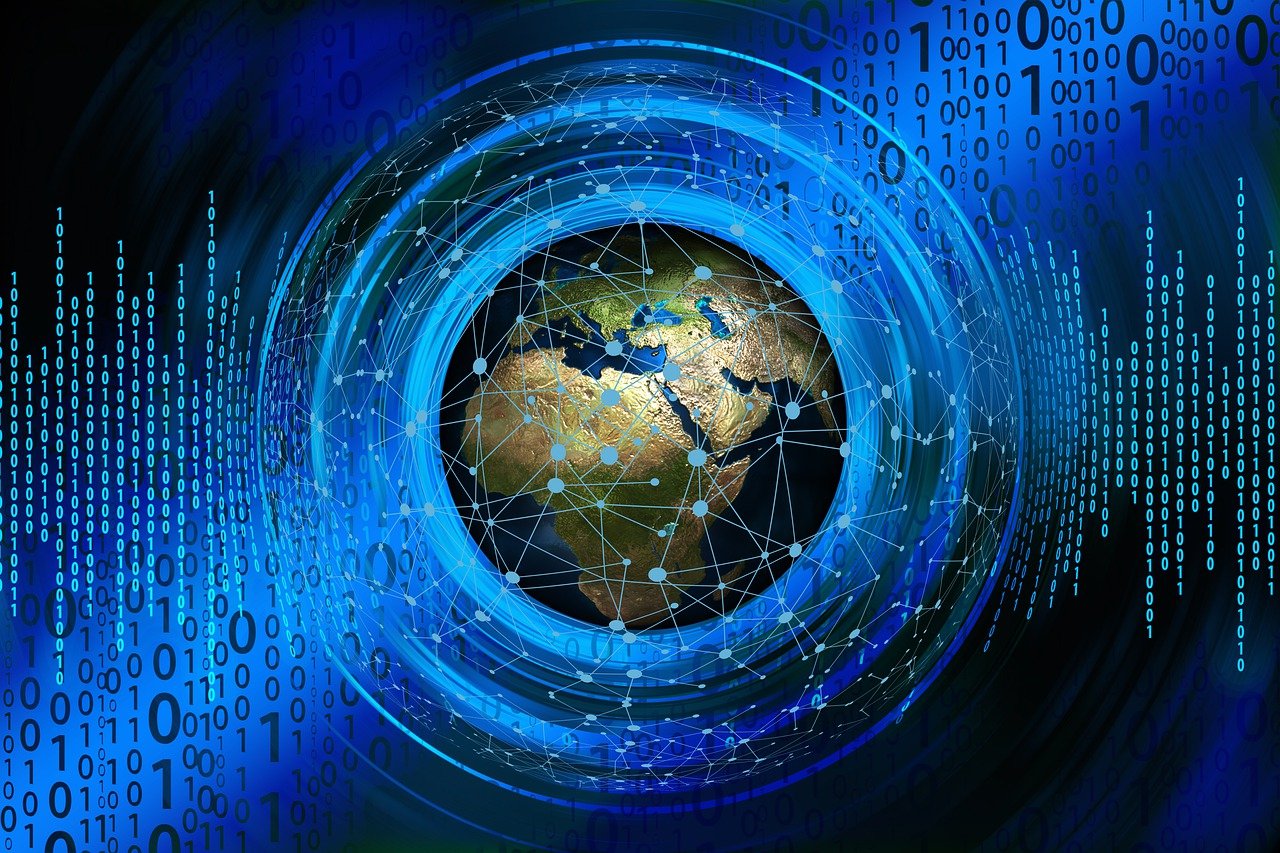JICA Ogata Research Institute / United Nations University Knowledge Forum How will AI change Africa?
Day:2024.07.09
event |

Advancements in artificial intelligence (AI) technology are expected to bring benefits in various fields ranging from healthcare and education, to economy and governance. However, there are also risks. This includes such problems as AI-generated disinformation, technology and algorithm monopolization by Big Tech, the military use of AI, and intrusive surveillance and misuse of personal data. There are also concerns that AI could widen the existing digital divide between and within countries. Some of these concerns include negative impacts on employment and personal privacy violations when obtaining training data for AI in countries with lax regulations.
In light of the above, the international community is discussing governance frameworks and principles to address the risks brought forth by AI. The UN has played a crucial role in discussions on global AI governance. In a recent landmark initiative, the UN General Assembly adopted the first-ever resolution to respect and protect human rights when using AI. At the G7 Hiroshima Summit, the “Hiroshima AI Process” was launched under the leadership of the Japanese government, and the OECD has come up with a set of AI principles that have been adopted by member countries as standard. This growing attention on mitigating the risks of AI while fostering its potential benefits has led to the Council of the EU recently approving the world's first comprehensive AI Act.
These processes and negotiations are however largely led by developed countries and thus do not adequately reflect the voices of developing countries and other stakeholders. The international community must continue to include more voices from developing countries in order to advance AI governance by managing risks, developing and deploying resources effectively, and sharing benefits equitably.
This seminar will focus on Africa, which has a large and growing population of young digital natives. By 2050, Africa is expected to have a quarter of the world's population and a growing global presence. AI development is also transforming Africa, with the adaptation of AI technology and associated policy discussions now gaining momentum in the region. Prof. Tshilidzi MARWALA from South Africa, the Rector of the United Nations University and Under-Secretary-General of the United Nations, who is also a prominent figure in the field of AI, will give a lecture on the challenges and opportunities that AI technology brings to Africa's development. This session will be followed by a discussion with Prof. MINE Yoichi, Executive Director, JICA Ogata Research Institute, and Mr. YAMANAKA Atsushi, Senior Advisor of Digital Transformation (DX), JICA, on the initiatives needed for Africa to be able to benefit from AI technology and achieve human security and quality growth.
14:30-14:35 Opening remarks (5 minutes)
Ms. MIYAHARA Chie, Director General, JICA Ogata Research Institute
14:35-15:00 Keynote Speech: What will AI bring to Africa? (25 minutes)
Prof. Tshilidzi MARWALA, Rector of the United Nations University and Under-Secretary-General of the United Nations
15:00-15:55 Discussion and Q&A (55 minutes)
Moderator:
Ms. MIYAHARA Chie, Director General, JICA Ogata Research Institute
Speakers:
Prof. Tshilidzi MARWALA, Rector of the United Nations University and Under-Secretary-General of the United Nations
Prof. MINE Yoichi, Executive Director, JICA Ogata Research Institute
Mr. YAMANAKA Atsushi, Senior Advisor of Digital Transformation, JICA
15:55-16:00 Closing remarks (5 minutes)
Prof. SHIRAHASE Sawako, Senior Vice-Rector of the United Nations University and Assistant Secretary-General of the United Nations
JICA Ogata Sadako Research Institute for Peace and Development(Ms. Kajino)
E-mail:dritrp@jica.go.jp
Please pre-register by noon on Monday, July 29, 2024, from the link below.
scroll